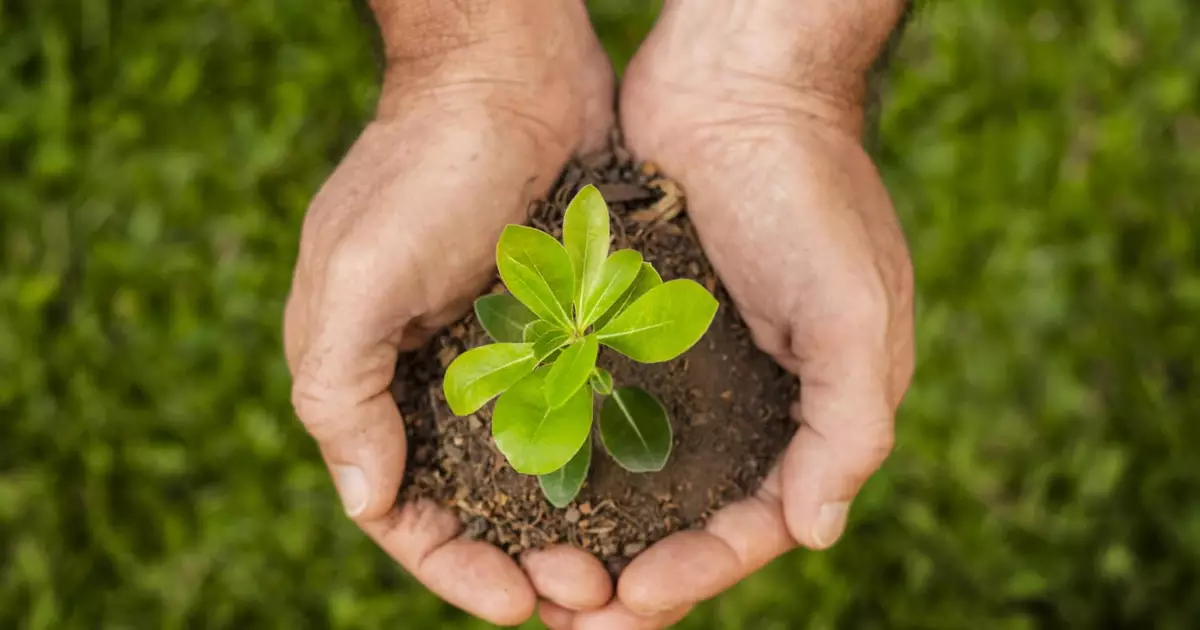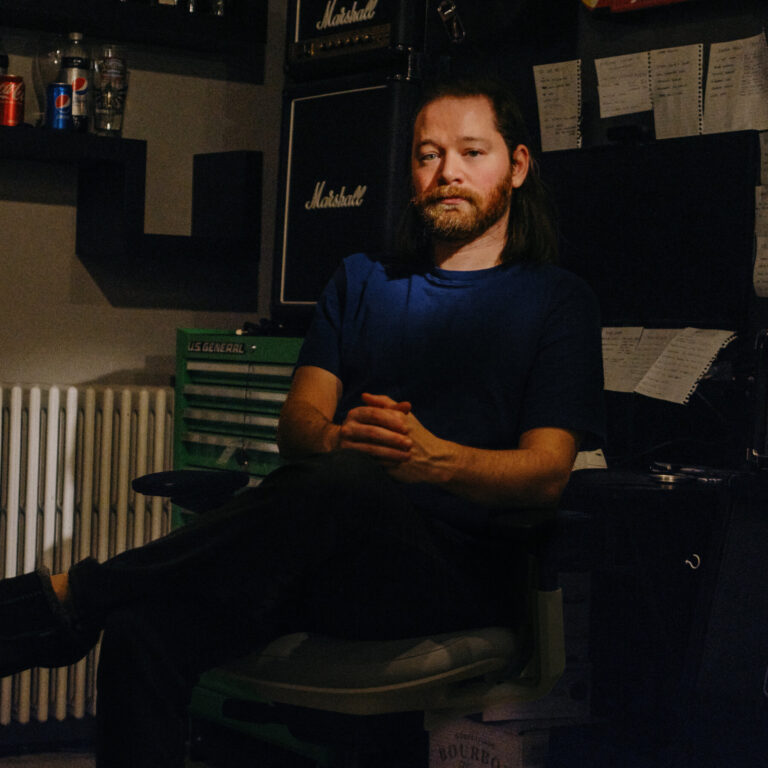
Interest in topics such as forests, global warming and clean energy has increased by up to 822% in the past 45 days, Taboola noted.
summary
COP30 in Belém raised awareness of Brazil’s climate issues, repositioned the Amazon as a central axis of sustainable solutions, and put Brazil in the spotlight in the energy transition and global environment debate.
COP30 in Belém significantly changed the public debate about Brazil’s climate. Analysis from global content recommendation platform Taboola (Nasdaq: TBLA) shows that interest in environmental topics has increased significantly in the weeks leading up to a conference that brings together world leaders to discuss the path forward for the planet’s climate.
According to the study, topics related to the fabric of cities, such as accommodation and infrastructure, reached a total of 573,000 views in the past 90 days, an increase of 53% compared to the previous period. Terms related to institutional scenarios also recorded an increase, such as “Government” (+32%), “Belem” (+48%), “United Nations” (+90%) and “COP30” (+38%). Practical searches such as “daily” (+218%) and “delegation” (+10%) illustrate the logistical and economic impact of events within the country.
Holding the conference at Amazon is considered a milestone. For the first time, a major global climate conference will be held within a region emblematic of the environmental debate. This means that the region is no longer treated solely as a focus for conservation, but begins to take a central place in the formulation of solutions, agreements and development models.
José de Genova, Taboola’s regional director for Latin America, said: “The Amazon is now emerging as the axis of the future. At COP30, the discussion will move from images of destruction to topics such as innovation, energy, economics and diplomacy.”
The term COP30 has also become a multi-agenda meeting ground, with expanded interest in content that connects climate justice, indigenous peoples, traditional communities, the green economy, and the bioeconomy. These voices are gaining prominence and are beginning to be recognized as fundamental leaders in sustainable policy building.
The study also shows that environmental issues are returning to the center of institutional debates, strengthening Brazil as an active actor in the energy transition and in defining sustainable development models. In the communications and brand ecosystem, there is a growing demand for content with evidence, complex narratives, and representation of historically underrepresented areas.
“It’s important to go beyond just talking about climate to understanding how people engage with the topic and how climate influences public and private decisions,” de Genova adds.



